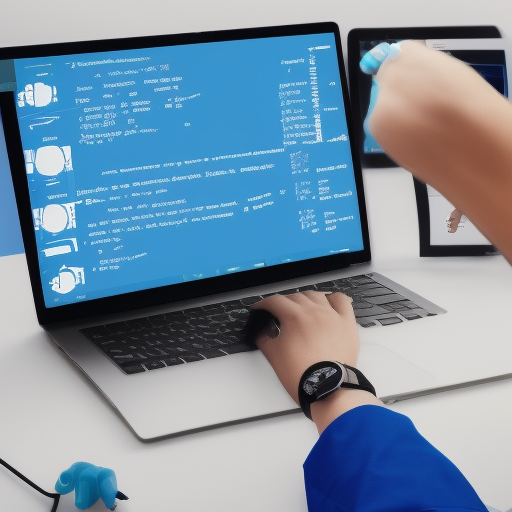Blogs
Prevent CRA Fraud: 5 Strategies to Protect Your CRO Team

Everything You Need to Know About Clinical Research Studies
Clinical research studies are the cornerstone of medical progress. But what exactly are they, and how can you be involved? This blog unveils the fascinating world of clinical trials, exploring how they lead to new medications, preventative measures, and improved treatments for a healthier future.

Medical Research Jobs

Clinical Research Coordinator Certification (CRC) Guide
What Is ICH GCP Certification 2025
Principal Investigator Training - Role of Principal Investigator in Clinical Research
Launch your rewarding career in clinical research! This blog post explores Principal Investigator training and the path to becoming a leader in medical discovery. Explore PI training options, including accredited online programs, and gain valuable insights into the APIPC™ certification. Invest in your future – enroll in PI training today!
